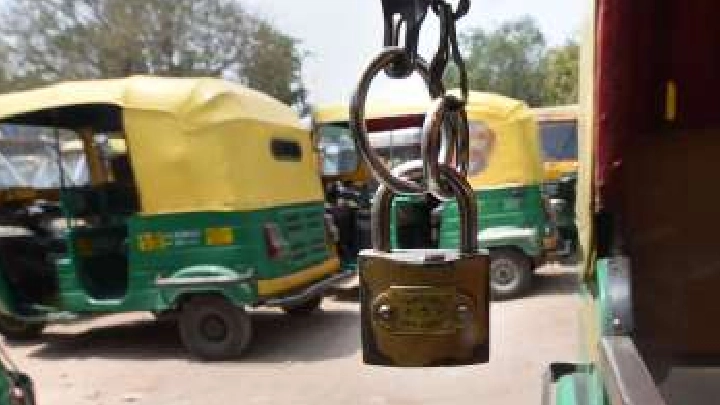April 2025
The Delhi government is set to launch Electric Vehicle policy 2.0, offering subsidies to women buying two-wheelers of up to 36,000, including incentives for scrapping old vehicles to support and serve the purpose of commercial EVs and e-autos. The Delhi government’s initiative by announcing the Electric Vehicle (EV) policy 2.0, including incentives to adopt electric mobility in the capital. The key factors highlight the purchase subsidy of up to Rs 36,000 on buying electric two-wheelers exclusively for women, which leads to empowering and boosting female participation in the transitional efforts of EV. The proposed scheme of the first 10,000 women holding a driving license will be considered eligible for a subsidy of Rs 12,000 per kilowatt-hour (kWh) of battery capacity, covering Rs 36,000 per vehicle. This policy will continue to remain in force until 31st March 2030, complementing the Centre’s PM E-DRIVE scheme. The policy is awaiting Cabinet approval; after the clearance, the policy will be replaced with the earlier version that last expired on 31st March (temporarily extended by 15 days) with the new existing version.

The two and three-wheeler incentive consists of an addition of Rs 10,000 from the government’s policy for two-wheelers not older than 12 years. Scrapping petrol or diesel is open to eligible residents. The policy grants a subsidy of up to Rs 45,000 to electric auto-rickshaws (L5M category) replacing existing CNG autos. The policy might implement the compulsion of e-autos discarding CNG autos that have completed 10 years of registration during the policy period. Additionally, a one-time replacement of Rs 1 lakh incentive will be offered, but the recipients will be considered ineligible for other incentives. Further, three-wheeler goods carriers (L5N) will be eligible to receive a Rs 45,000 incentive and subsidies of up to Rs 75,000 for electric four-wheeler carriers (N1 category). The policy benefit will last for the first three years, applicable to both commercial and individual applicants. Price eligibility has been updated to Rs 4.5 lakh for L5N and Rs 12.5 lakh for N1 vehicles.
Currently, the government has stopped the new registration of CNG auto-rickshaws from 15th August 2024. Renewal of existing CNG auto permits will be denied after this date, and only e-auto permits will be issued. Also, fossil fuel-driven two-wheelers will be prohibited from 15th August 2026. Petrol, diesel, and CNG good carrier three-wheelers registration will cease from 15th August 2025.
The policy will further establish battery collection centres, a city-wide network, skill centres, and public awareness campaigns. To promote the EV sector by adopting collaborative terms and to enhance business and educational institutions, the policy is shaping and developing the future of electric vehicles.
April 2025
April 2025
April 2025
April 2025